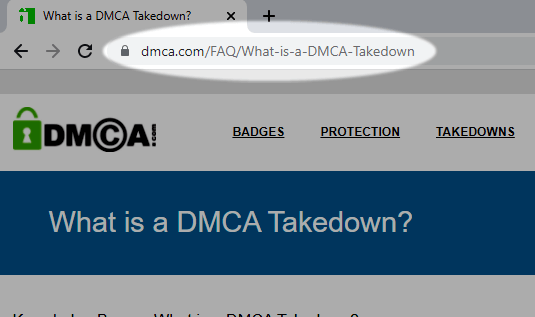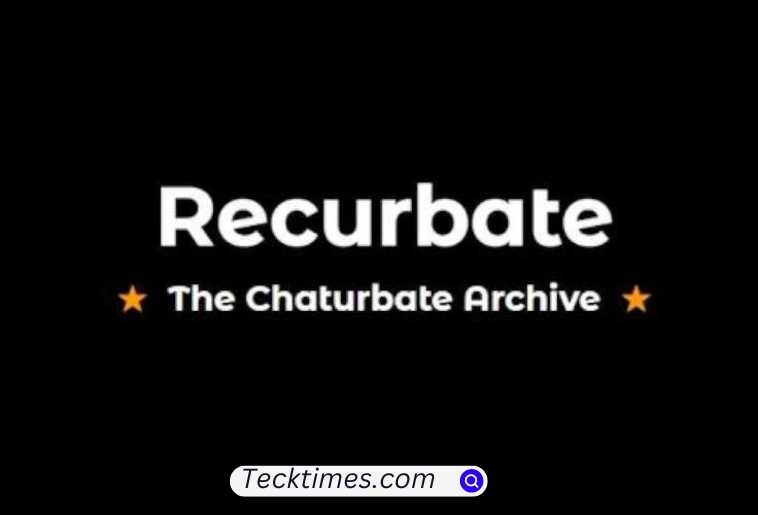Introduction
In today’s interconnected world, the internet has become the primary medium for sharing and consuming content. Whether it’s entertainment, educational material, or social interactions, the digital space provides a platform for almost everything. Among the plethora of content-sharing platforms that have emerged, Recurbate was one that gained significant attention, particularly in niche adult content. However, recent developments have led to the platform being taken down. This article delves into the rise and fall of Recurbate, the reasons behind its shutdown, and the broader implications for online content sharing.
What Was Recurbate?
Recurbate was a platform known for its adult content, particularly focusing on cam shows. The site allowed users to record, save, and share live streams from various adult cam sites. This capability made it a popular destination for those looking to access adult content without directly visiting the original cam sites. Users could find a vast library of recorded cam shows, making Recurbate a go-to resource for many in this niche.
The Rise of Recurbate: Popularity and User Base

Recurbate quickly gained popularity due to its extensive library of recorded cam shows. The platform’s ease of use and the ability to access content for free were significant factors that contributed to its rapid growth. Users from around the globe frequented the site, contributing to a thriving community that revolved around adult cam content. The site’s popularity was also fueled by its ability to bypass the need for paid subscriptions to original cam sites, making it a favorite among those looking for free content.
Legal Challenges: The Dark Side of Recurbate
Despite its popularity, Recurbate faced significant legal challenges. The platform operated in a gray area of copyright law, as it facilitated the sharing of content that was often copyrighted and not meant to be distributed freely. This led to several cam sites and content creators filing complaints and lawsuits against Recurbate, accusing it of infringing on their intellectual property rights. The legal pressure on the platform began to mount as more content creators and companies sought to protect their content.
Content Ownership and Copyright Issues
One of the critical issues surrounding Recurbate Taken Down was the question of content ownership. The platform allowed users to record and share content without the consent of the original creators. This practice raised serious ethical and legal concerns, as it violated the copyright of content creators. Copyright law is designed to protect the intellectual property of creators, ensuring that they are compensated for their work. Recurbate’s model, however, undermined this principle, leading to widespread criticism from both content creators and legal experts.
The Role of DMCA Takedown Notices

The Digital Millennium Copyright Act (DMCA) allows content creators to issue takedown notices for any copyrighted material that is being used without permission. Recurbate was inundated with DMCA takedown notices from cam sites and individual performers, demanding that their content be removed from the platform. While Recurbate often complied with these notices, the sheer volume of requests made it difficult for the platform to manage. This ongoing battle with DMCA notices contributed to the platform’s eventual downfall.
Technological and Operational Challenges
Running a platform like Recurbate also came with several technological and operational challenges. The site needed to maintain a vast database of videos, ensure smooth streaming, and handle the legal complexities of managing user-uploaded content. As the platform grew, these challenges became more pronounced. The cost of maintaining the site, combined with the legal pressures, made it increasingly difficult for Recurbate Taken Down to sustain its operations.
Community Response: Users and Creators React
The takedown of Recurbate Taken Down sparked a variety of reactions from its community. For users, the site’s shutdown meant losing access to a vast library of adult content that they had come to rely on. Many users expressed frustration and disappointment on forums and social media. On the other hand, content creators and cam models welcomed the shutdown as a victory in their fight against copyright infringement. They argued that the platform’s demise was a step forward in protecting their intellectual property and ensuring they were fairly compensated for their work.
The Legal Fallout: Lawsuits and Settlements
In the wake of Recurbate’s shutdown, several lawsuits were filed against the platform and its operators. These lawsuits sought compensation for the unauthorized distribution of copyrighted material. The legal fallout from these cases highlighted the risks involved in operating platforms that rely on user-uploaded content, particularly when it involves copyrighted material. The settlements reached in these cases served as a warning to other platforms that might consider following a similar business model.
Impact on the Adult Content Industry
The takedown of Recurbate had a significant impact on the adult content industry. For cam sites and content creators, the removal of a major source of copyright infringement was a welcome development. It allowed them to regain control over their content and revenue streams. However, for users, the shutdown of Recurbate meant fewer options for accessing free adult content. This shift may have led to an increase in subscriptions to original cam sites, as users were forced to seek content through legitimate channels.
Recurbate Alternatives: What’s Next for Users?
With Recurbate taken down, users have begun searching for alternatives. Several other platforms offer similar services, though many operate under the same legal risks that plagued Recurbate. Some users have turned to VPNs and other methods to access geo-restricted content, while others have moved to platforms that provide legitimate access to cam shows. The shutdown of Recurbate has forced users to reconsider how they access adult content, with many opting for more legal and ethical options.
The Ethical Debate: Free Content vs. Creator Compensation
The Recurbate Taken Down situation also brings to light the ethical debate surrounding free content and creator compensation. While users often seek free access to content, this practice can undermine the livelihoods of content creators. The debate highlights the need for a balance between providing affordable access to content and ensuring that creators are fairly compensated for their work. The shutdown of Recurbate underscores the importance of respecting intellectual property rights in the digital age.
Government and Regulatory Involvement
Government and regulatory bodies have increasingly become involved in cases like Recurbate. The enforcement of copyright laws and the protection of intellectual property have become priorities for many governments, particularly as online content sharing becomes more prevalent. The Recurbate case may serve as a catalyst for stricter regulations and more aggressive enforcement of copyright laws in the digital space.
The Future of Online Content Sharing
The Recurbate takedown raises questions about the future of online content sharing. As legal pressures mount and regulations tighten, platforms that rely on user-uploaded content will need to adapt. This could lead to the development of more robust systems for managing copyrighted material and ensuring that content creators are properly compensated. The future of online content sharing will likely involve a greater emphasis on legal compliance and the protection of intellectual property.
Lessons Learned: The Legacy of Recurbate
The Recurbate story serves as a cautionary tale for other platforms in the digital content space. It highlights the risks associated with operating in a legal gray area and the importance of respecting copyright laws. The legacy of Recurbate will likely be one of both caution and reflection, as other platforms learn from its downfall and work to avoid similar pitfalls.
Conclusion
The Recurbate Taken Down marks the end of an era for a particular segment of online content sharing. While the platform provided a service that was popular among many users, its legal and ethical challenges ultimately led to its demise. The Recurbate case underscores the importance of respecting intellectual property rights and the need for platforms to operate within the bounds of the law. As the digital landscape continues to evolve, the lessons learned from Recurbate will shape the future of online content sharing, ensuring that creators are protected and users have access to content in a fair and legal manner.
References and Further Reading
For those interested in learning more about the legal aspects of copyright law, the Digital Millennium Copyright Act, and the ethical considerations surrounding online content sharing, a variety of resources are available. These include academic papers, legal textbooks, and articles from reputable legal websites. Further reading can provide a deeper understanding of the complex issues that led to the downfall of Recurbate and the broader implications for the digital content industry.
Read More: Pedrovazpaulo Executive Coaching: Transforming Leadership Excellence

